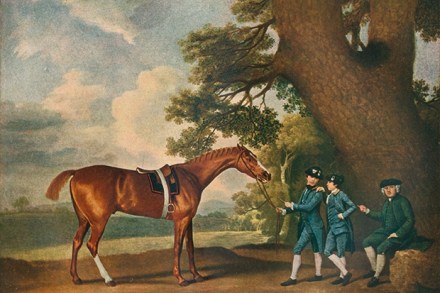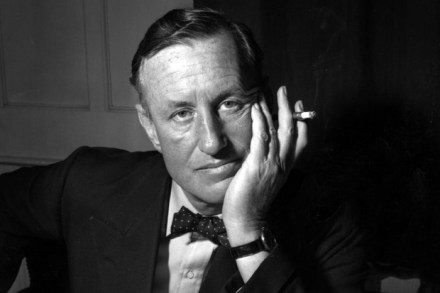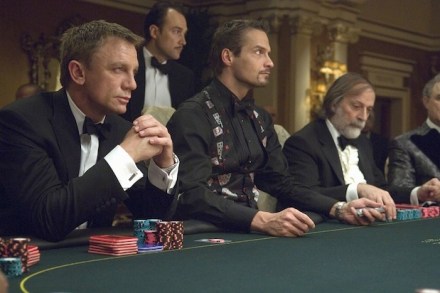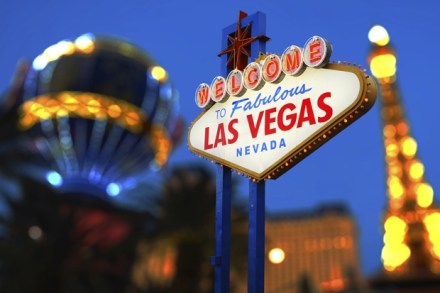On the money | 22 June 2016
Forced to depart Ascot earlier than usual to fulfil a cruise lecture booking on the fjords, I hadn’t reckoned with June in Norway. It turned out to require anoraks and sweaters rather than shorts and suntan oil, although Mrs Oakley and I were better prepared than one lady passenger: having travelled without a scarf, she confessed that it was indeed her deftly folded nightie she had wrapped around her neck for warmth. At least a bit of book-signing went without a hitch, better than the time a young lady asked me to write ‘To Bubbles with love and kisses’ and then, when asked to pay for the signed volume, demurred,

















